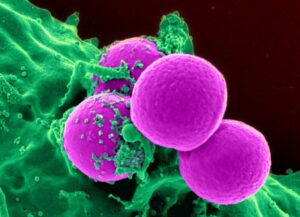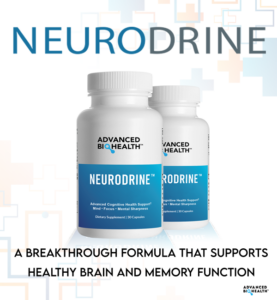Can phophadityl choline help with memory problems?

Many people experience memory problems as they age. This can be frustrating and lead to a decline in quality of life. Luckily, there are things that can help. Phosphatidylcholine is a natural substance that has been shown to improve memory in some people.
What is Phosphatidylcholine?
Phosphatidylcholine is a type of phospholipid that is essential for the structure and function of cell membranes. It is also a major component of the brain and is involved in many neurological processes. Phosphatidylcholine has been shown to be beneficial for memory and cognitive function.
How does Phosphatidylcholine work?
Phosphatidylcholine is a type of phospholipid, which is a type of fat that is essential for cell membranes. It is also a major component of lecithin, which is found in egg yolks and soybeans. Phosphatidylcholine is important for cellular functions, including cell signaling, cell proliferation, and cell death. It also plays a role in the metabolism of fats and cholesterol.
Phosphatidylcholine has been shown to help with memory problems in some studies. One study found that it improved memory and cognition in people with Alzheimer’s disease. Another study found that it helped improve memory in people with age-related memory decline.
It’s thought that phosphatidylcholine may help with memory problems by increasing levels of acetylcholine, which is a neurotransmitter involved in learning and memory. It may also help by protecting brain cells from damage.
If you’re considering taking phosphatidylcholine supplements for memory problems, talk to your doctor first to see if they’re right for you.
Benefits of Phosphatidylcholine
If you’re looking for a memory-booster, phosphatidylcholine (PC) may be worth considering. This natural substance is a major component of cell membranes, and is involved in many biochemical processes in the brain. PC has been shown to improve memory and cognitive function in animal studies, and some human studies have shown promising results as well.
PC supplements are generally considered safe, but as with any supplement, it’s always best to check with your healthcare provider before starting any new regimen.
Side Effects of Phosphatidylcholine
Some potential side effects of phosphatidylcholine include upset stomach, diarrhea, bloating, belching and gas. In some cases, it can also cause heartburn, headache, dizziness and skin rash. It’s important to note that these side effects are rare and most people don’t experience any problems when taking this supplement.
Dosage of Phosphatidylcholine
If you are considering using phosphatidylcholine to help with memory problems, it is important to know the proper dosage. The recommended dose is 500 mg per day, taken in two or three divided doses. However, some people may need a higher dose of up to 1,000 mg per day. If you are taking a prescription medication for memory problems, it is important to talk to your doctor before starting phosphatidylcholine supplements, as they may interact with your medication.
Conclusion
Although more research is needed to confirm the effects of phosphatidylcholine on memory, some studies suggest that it may help improve cognitive function and reduce the risk of dementia. If you’re concerned about memory problems, talk to your doctor about whether phosphatidylcholine supplementation is right for you.






